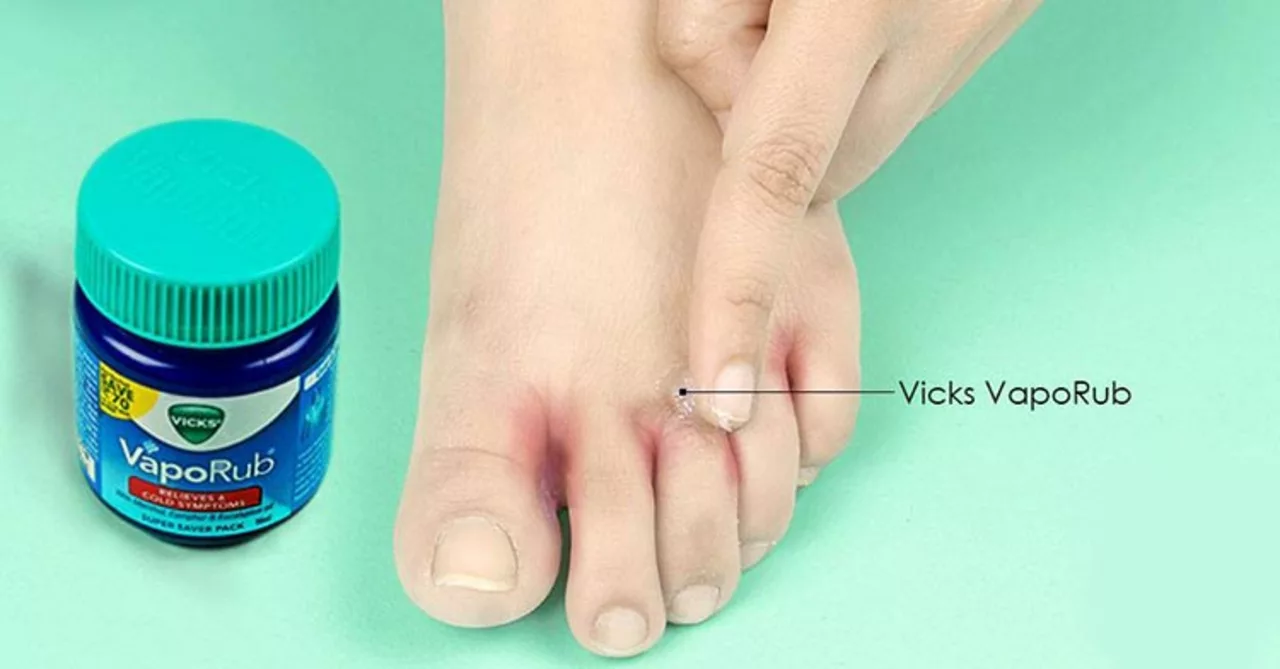Natural Remedies: Practical Picks & Safety Tips
Want relief without always reaching for a prescription? Natural remedies can help with everyday problems like mild coughs, low-energy days, seasonal sniffles, and some breathing tightness. The trick is picking options backed by evidence and knowing when they aren’t enough. Below I’ll list useful options, how they work, and clear safety flags to watch for.
Quick natural fixes that actually work
Here are simple, evidence-backed choices you can try for common complaints.
- Caffeine for mild asthma symptoms: A cup of strong coffee or tea can mildly relax airways and improve breathing short-term. It’s not a replacement for inhalers, but it can help a little while you get to care.
- Boswellia (frankincense) for inflammation: Some trials show boswellia reduces airway inflammation and eases breathing when used as a supplement alongside standard care.
- Breathing techniques: Methods like pursed-lip breathing and controlled diaphragmatic breathing cut shortness of breath quickly and require zero supplements.
- Zinc and elderberry for flu symptoms: When started early, zinc lozenges and elderberry syrup can lessen duration of colds and flu symptoms for many people. They work best in the first 24–48 hours of symptoms.
- Nut and seed supplements: English walnut supplements are rich in ALA omega‑3 and antioxidants, which support brain and heart health when added to a balanced diet.
- Garden cress and luffa as dietary boosters: These plant-based supplements add vitamins, fiber, and micronutrients that help digestion and general wellness when used sensibly.
What to watch for
Natural doesn’t mean risk-free. Black seed oil, for example, has reported cases of liver stress and can interact with prescription drugs. Always check interactions—especially with blood thinners, statins, and diabetes meds.
Quality matters. Choose supplements with third-party testing or reputable brands. Labels that list standardized extracts and batch testing info are better than vague ingredient lists.
If symptoms are severe or suddenly worse—high fever, severe breathlessness, chest pain, fainting—get medical help immediately. Don’t swap out prescribed medicines for supplements without talking to your clinician first.
Want deeper reading? Check our posts like “Black Seed Supplement Dangers,” “Natural Bronchodilators for Asthma Relief,” and guides on elderberry, zinc, luffa, and garden cress for detailed breakdowns, research highlights, and practical tips on safe use.
Try small, measurable changes, keep notes on any effects, and bring those notes to your next doctor visit. Natural remedies work best when they complement good medical care, not replace it.
How Yoga Helps Manage Vertigo - Benefits & Simple Poses
Discover how yoga can calm vertigo symptoms, the best poses for balance, and a safe routine to integrate into daily life, all without medication.
Read MoreHow to Treat Athlete's Foot Naturally: Alternative Remedies and Solutions
As a blogger who loves to explore natural remedies, I recently delved into alternative ways to treat athlete's foot. I discovered that some of the most effective solutions include soaking your feet in a mixture of water and apple cider vinegar, applying tea tree oil, and using garlic as a natural antifungal agent. In addition, keeping your feet dry and clean, as well as wearing breathable footwear can help prevent the condition from worsening. I'm amazed at the power of these natural remedies and can't wait to share more tips with my readers. Stay tuned for a detailed blog post on each of these fascinating solutions!
Read More






